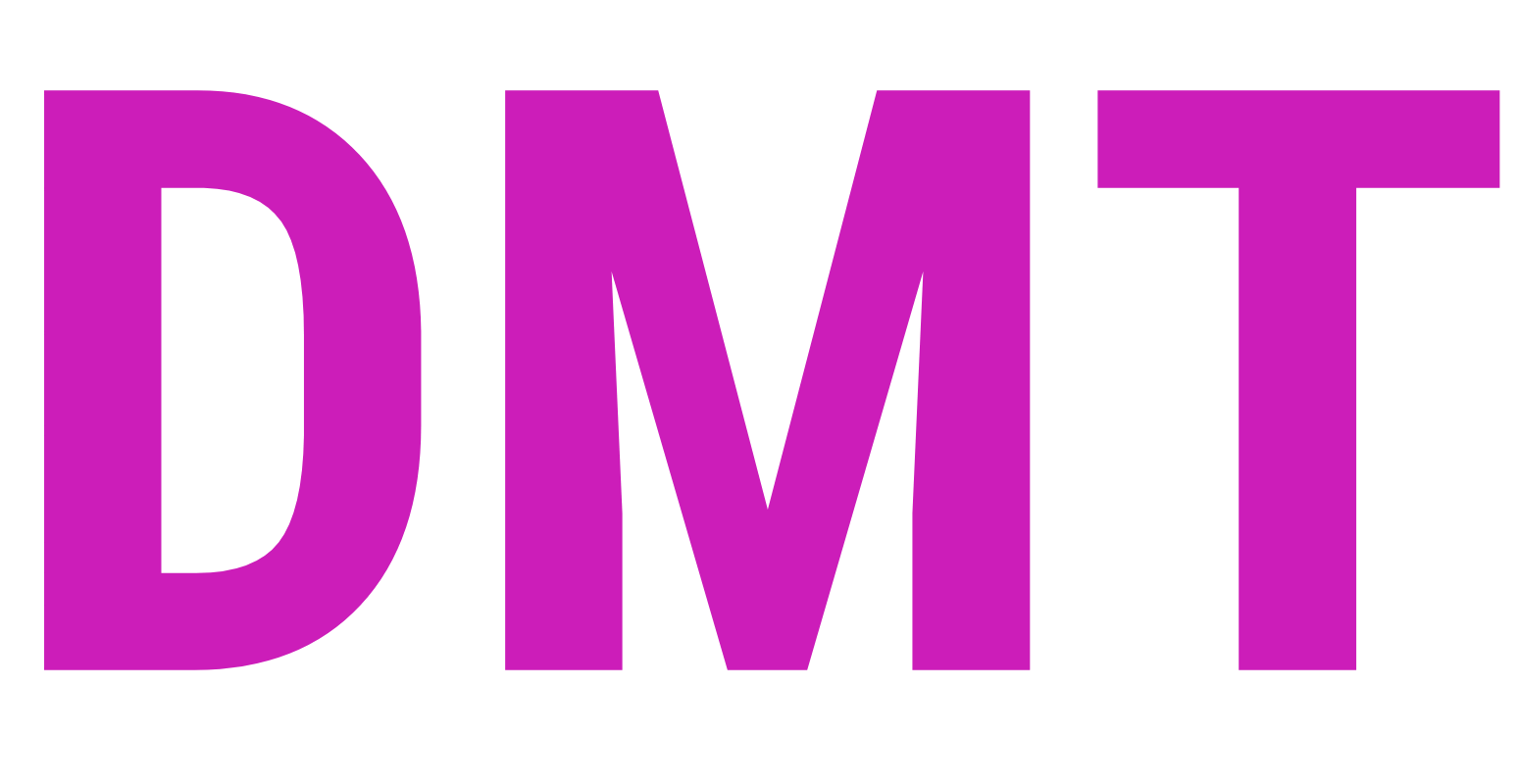New Medical Breakthrough at the Abu Dhabi Stem Cell Center in Treating Multiple Sclerosis
The Abu Dhabi Stem Cell Center has achieved a significant milestone through one of its clinical trials aimed at studying the use of photoimmunotherapy in treating individuals with multiple sclerosis.
The study evaluates the effectiveness and safety of using photoimmunotherapy to treat multiple sclerosis, noting that photoimmunotherapy is commonly used in treating certain types of cancer, autoimmune diseases, and transplant rejection. However, the center is exploring its application to alleviate the symptoms of multiple sclerosis by rebalancing the patient's immune system.
The center revealed that this clinical trial involved a resident of the country who was diagnosed with multiple sclerosis in 2019 and had experienced worsening symptoms over time, including difficulty walking, balance issues, speech disorders, and impaired perception and vision.
After six months of photoimmunotherapy, there was a significant improvement in the patient's mobility and vision, along with clearer speech. Balance issues decreased, as confirmed by examinations conducted over a three-month period.
In 2022, the "Use of Photoimmunotherapy to Treat Individuals with Multiple Sclerosis Trial at the Abu Dhabi Stem Cell Center" received approval from the Abu Dhabi Health Ministry. Subsequently, several individuals with secondary progressive multiple sclerosis or recurrent multiple sclerosis were registered to receive this treatment, and the study was recorded in the global clinical trials registry.
Dr. Yendry Ventura, the study's lead researcher at the Abu Dhabi Stem Cell Center, stated, "Clinical trials and research play a central role in advancing healthcare and delivering cutting-edge innovations to all. This drives progress in medical treatments, improves patient care, and allows us to harness pioneering discoveries and provide effective treatments."
Dr. Fatima Al Kaabi, the Executive Director of the Abu Dhabi Stem Cell Center's Bone Marrow Transplant Program, a researcher in the study, and Vice President of the National Multiple Sclerosis Society of the United Arab Emirates, remarked, "The center takes pride in being at the forefront of those conducting innovative research in multiple sclerosis treatment through therapies and investigations. Our goal is to enhance the quality of life for individuals with multiple sclerosis."
She added, "The study on the effects of photoimmunotherapy on individuals with multiple sclerosis commenced a year ago at the Abu Dhabi Stem Cell Center, with a dedicated group of our scientists, doctors, and researchers. We recognize that every development and discovery we make today will change the lives of people both now and in the future."
Dr. Yandy Aleman, Head of the Clinical Trials Department and one of the study's assistant researchers at the Abu Dhabi Stem Cell Center, stated, "This trial has made substantial progress with infected participants meeting certain clinical criteria. As part of this study, infected individuals undergo a series of 28 photoimmunotherapy sessions over a six-month period, followed by an additional six-month observation period by the neurology team at the Abu Dhabi Stem Cell Center."
Dr. Ruqaya Mir, a Consulting Neurologist and one of the study's co-researchers at the Abu Dhabi Stem Cell Center, explained, "This innovative procedure employed in our study involves treating the patient's white blood cells with a photoactivatable drug, then exposing them to ultraviolet light, and subsequently returning these cells to the patient during the session."



